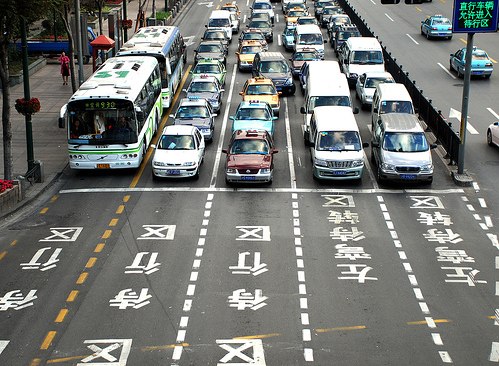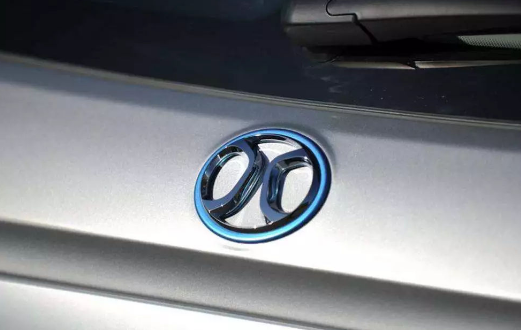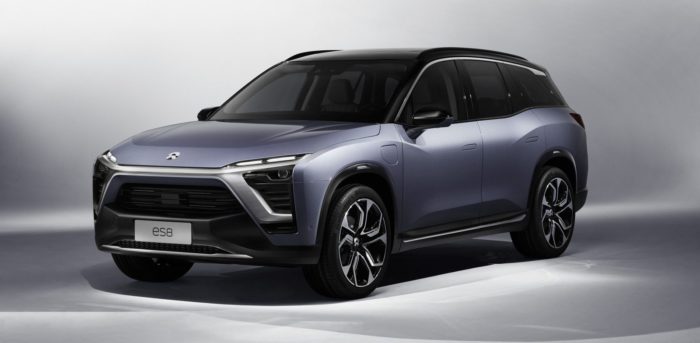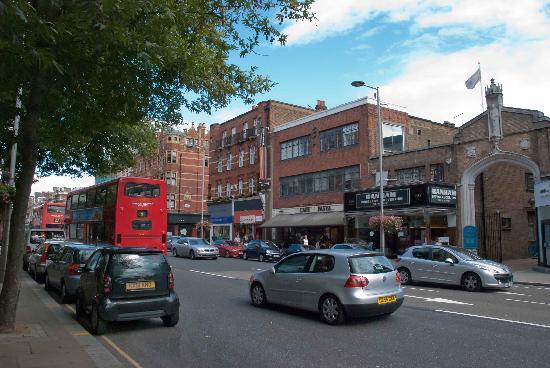Now Reading: China may unveil NEV car quotas soon, but delay execution
-
01
China may unveil NEV car quotas soon, but delay execution
China may unveil NEV car quotas soon, but delay execution

China is probably going to delay carrying out difficult new sales quotas for electric plug-in vehicles, giving worldwide automakers more time to prepare, 4 automaker and industry officials informed Reuters.
Based on their discussions with Chinese policymakers, individuals stated a final plan for sales quotas on electrical plug-in automobiles could be introduced within days or weeks.
However they would not be imposed until 2019, a year behind at initially planned, said individuals, who refused to be named because of the sensitivity of the concern, cautioning that things might still change.
International vehicle manufacturers wrote to the head of China’s Ministry of Industry and Information Technology (MIIT) in June, advising a softening of the proposals for so-called new energy vehicles (NEVs), which cover all-electric battery automobiles and generally electric plug-in hybrids.
Eager to fight air pollution and close a competitive space between its newer domestic automakers and their worldwide competitors, China wishes to set objectives for electrical and plug-in hybrid vehicles to make up a minimum of a fifth of Chinese auto sales by 2025.
Under newest proposals, 8 percent of automakers’ sales would have to be battery electric or plug-in hybrid models by next year, increasing to 10 percent in 2019 and 12 percent in 2020.
Automakers have looked to delay generating the quotas, a more versatile system of credits, and desire China to reassess penalties for not reaching the quotas.
China would more than likely present NEV sales quotas for 2018, however not implement them up until a year later, the 4 individuals stated, indicating automakers would not be punished if they cannot fulfill the new quotas straightaway.
Stay Informed With the Latest & Most Important News
Previous Post
Next Post
-
 01Polestar Boss Says It’s Time To Outrun BMW M And Mercedes-AMG
01Polestar Boss Says It’s Time To Outrun BMW M And Mercedes-AMG -
 02Spy Shots: 2027 Mitsubishi Pajero Spotted in Testing Ahead of Possible U.S. Return
02Spy Shots: 2027 Mitsubishi Pajero Spotted in Testing Ahead of Possible U.S. Return -
 032026 Toyota Hilux EV: A Powerful Truck with Silent Torque
032026 Toyota Hilux EV: A Powerful Truck with Silent Torque -
![2027 Mercedes-Benz S-Class Debuts with V8 Engine [Photo Gallery]](https://speedlux.com/wp-content/uploads/2026/01/2027-Mercedes-Benz-S-Class-33-155x125.jpg) 042027 Mercedes-Benz S-Class Debuts with V8 Engine [Photo Gallery]
042027 Mercedes-Benz S-Class Debuts with V8 Engine [Photo Gallery] -
 052026 Corvette ZR1 Production Surges Past Expectations as Output Clears 1,000 Units
052026 Corvette ZR1 Production Surges Past Expectations as Output Clears 1,000 Units -
 06Spy Photos: VW ID. Polo GTI Goes Electric with 223 HP and 280 Miles of Range
06Spy Photos: VW ID. Polo GTI Goes Electric with 223 HP and 280 Miles of Range -
 07The Controversial Ford Voodoo V8 That Was Killed Off Too Early
07The Controversial Ford Voodoo V8 That Was Killed Off Too Early



![2027 Mercedes-Benz S-Class Debuts with V8 Engine [Photo Gallery]](https://speedlux.com/wp-content/uploads/2026/01/2027-Mercedes-Benz-S-Class-33-700x394.jpg)










































